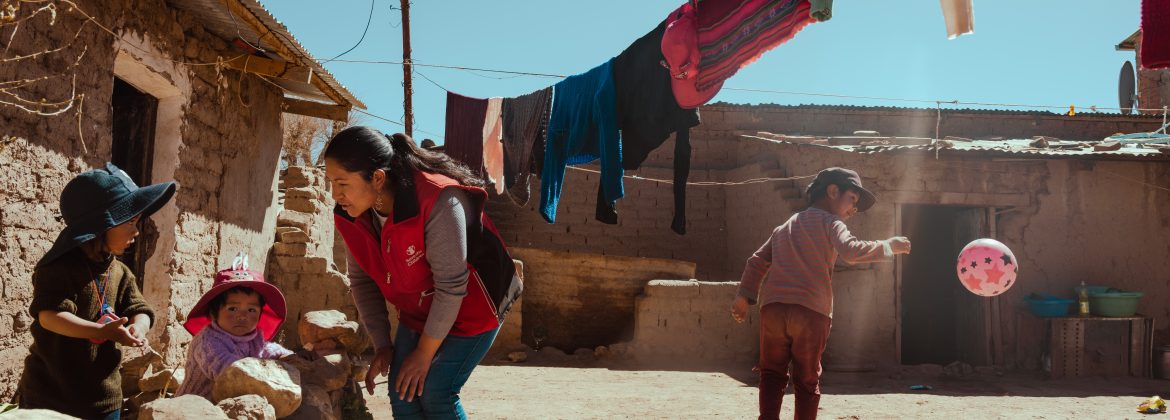
Promoting the Rights of Migrant Children and Their Families
In Latin America and the Caribbean, migrant children face serious challenges. Record numbers of children and adolescents are on the move, driven by family reunification, the search for better economic opportunities, or the need to escape violence. According to projections from the R4V Platform (Southern Cone), by 2025 more than 48,000 migrants—including Venezuelans, Colombians, Ecuadorians, and Haitians—are expected in the region.
In Bolivia, by the end of 2024, over 82,983 people had been recorded in transit through the country, many of whom faced difficult circumstances—particularly those entering through irregular routes. A report from the International Organization for Migration (IOM) notes that over 50% of Venezuelans in Bolivia are in an irregular situation, limiting their access to essential public services such as education, health, and protection. R4V data also shows that at least 25% of migrant and refugee children are not enrolled in the educational system.
In response to this violation of the right to education, Save the Children launched a coordination process with the Ministry of Education through the Education in Emergencies Working Group, which led to the issuance of Ministerial Resolution 001/2024. This resolution allows for the enrollment of refugee and migrant children into Bolivia’s formal education system without restriction, regardless of their legal status or documentation from their country of origin.
In 2025, this effort was strengthened through the dissemination of the resolution across several departments in coordination with the Ministry of Education. As a result, local schools in the country have begun to implement it widely, ensuring greater access for migrant children.
These types of actions are transforming Bolivia from a country once considered only a place of transit into a destination country—one that offers hope to families and protects the rights of children.

 Bolivia
Bolivia